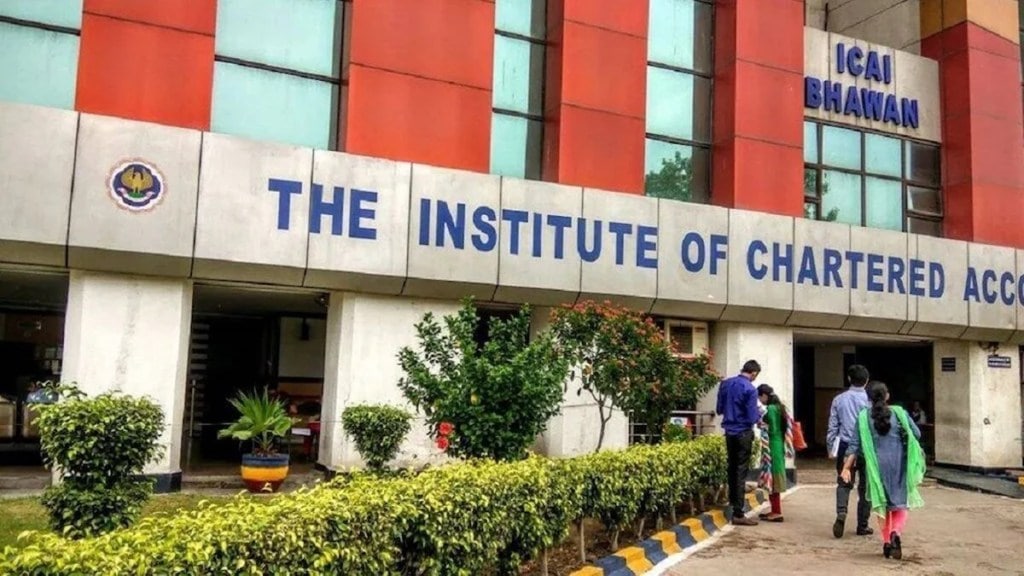The Institute of Chartered Accountants of India (ICAI) will make its review of financial statements of companies for detection of potential misdeeds of frauds more focussed, with a new set of parameters, according to official sources.
The Financial Reporting Review Board (FRRB), the monitoring arm of the institute that rechecks financial statements of listed and unlisted companies, will give precedence to firms that are highly leveraged, pay low audit fees and have negative reserves. Companies under insolvency resolution process will also be taken up for scrutiny on a priority basis.
Even though there are no exact thresholds defined under these parameters, the ICAI will be using the norms to detect the instances of financial irregularities more efficiently.
For example, if a company is found to be paying abnormally low audit fees to its statutory auditors in a particular financial year in comparison to its size, the ICAI will suo moto take up the financial statements of such company for review.
Similarly, companies that have high debt-to-equity or debt-to-assets ratios will come under the scanner.
“These parameters have been included for review of financial statements from FY24 onwards. We will be scrutinising the books of companies for non-compliance with reporting standards and auditing obligations,” said Charanjot Singh Nanda, president of ICAI.
FRRB is a non-standing committee of ICAI. Its members include ICAI council members, government nominees and representatives from regulatory bodies like Securities and Exchange Board of India (SEBI), Comptroller & Auditor General (C&AG), Central Board of Direct Taxes (CBDT), Insurance Regulatory and Development Authority of India (IRDAI), Central Board of Excise and Customs (CBEC), NABARD and NITI Aayog.
Currently,the FRRB is probing the financial irregularities in high-profile cases like Gensol and IndusInd Bank. Prior to these investigations, it had found “gross negligence” in edtech firm Byju’s accounting, and referred the matter to the ICAI’s disciplinary committee.
As part of its mandate, the FRRB can look into entities whose debt or equity securities are already listed or are in the process of listing on any stock exchange, in India or abroad. Additionally, banks (including non-cooperative), businesses with networth of over Rs 250 crore, and holding and subsidiaries of given companies also fall under its purview.
The FRRB’s process of selecting companies for review is broadly classified into two categories: suo moto and special cases. The newly-added parameters would be applicable for suo moto cases. In special cases, the FRRB probe begins on the basis of complaints or cases referred to it by agencies like ministry of corporate affairs (MCA), C&AG, SEBI and Election Commission of India (ECI).
So far, the FRRB has undertaken a review of 1,307 cases out of which 80% cases were picked up on a suo moto basis.
Following its investigation, the FRRB issues advisories to auditors where major non-compliances are observed (813 cases). It also refers matters to the disciplinary committee of ICAI (205 cases) or regulators (183 cases) for further action. In 35 cases, the reports were sent to ECI on financial statements of political parties.
Further, FRRB follows a three-tier review process to ensure compliance with accounting standards, auditing and assurance standards, and other applicable laws.

